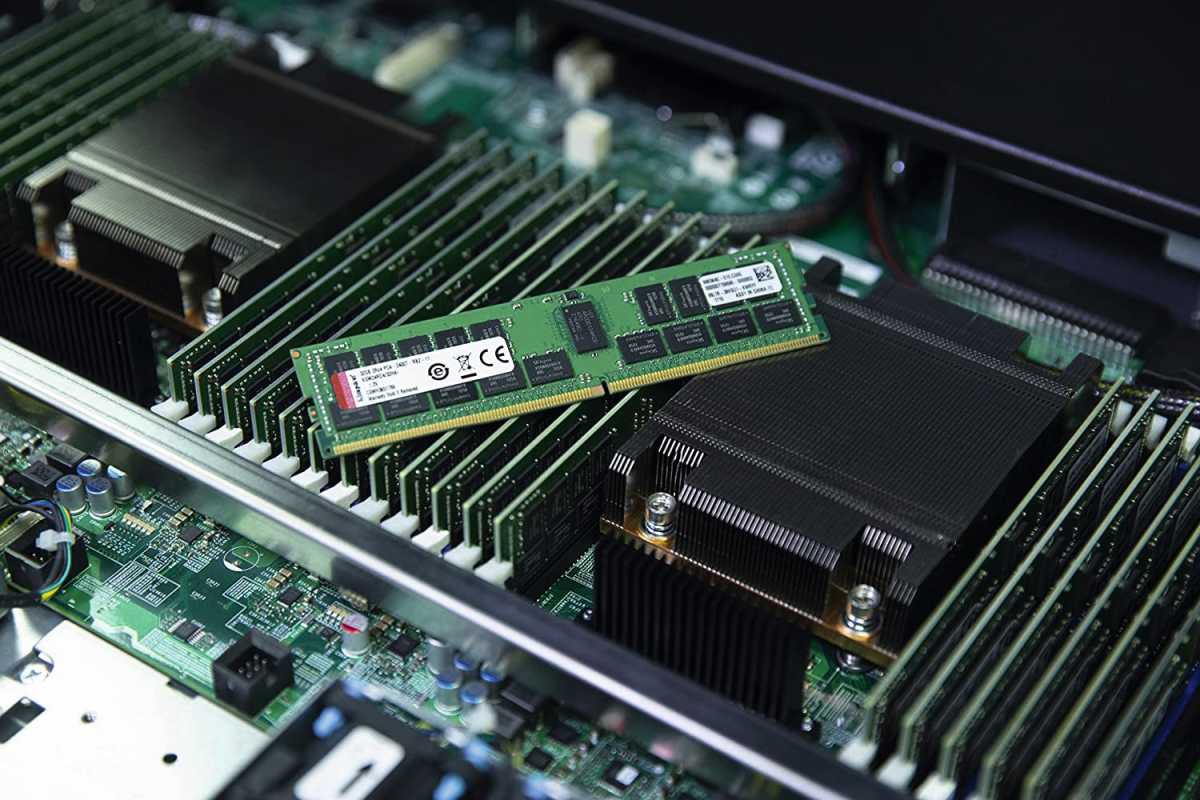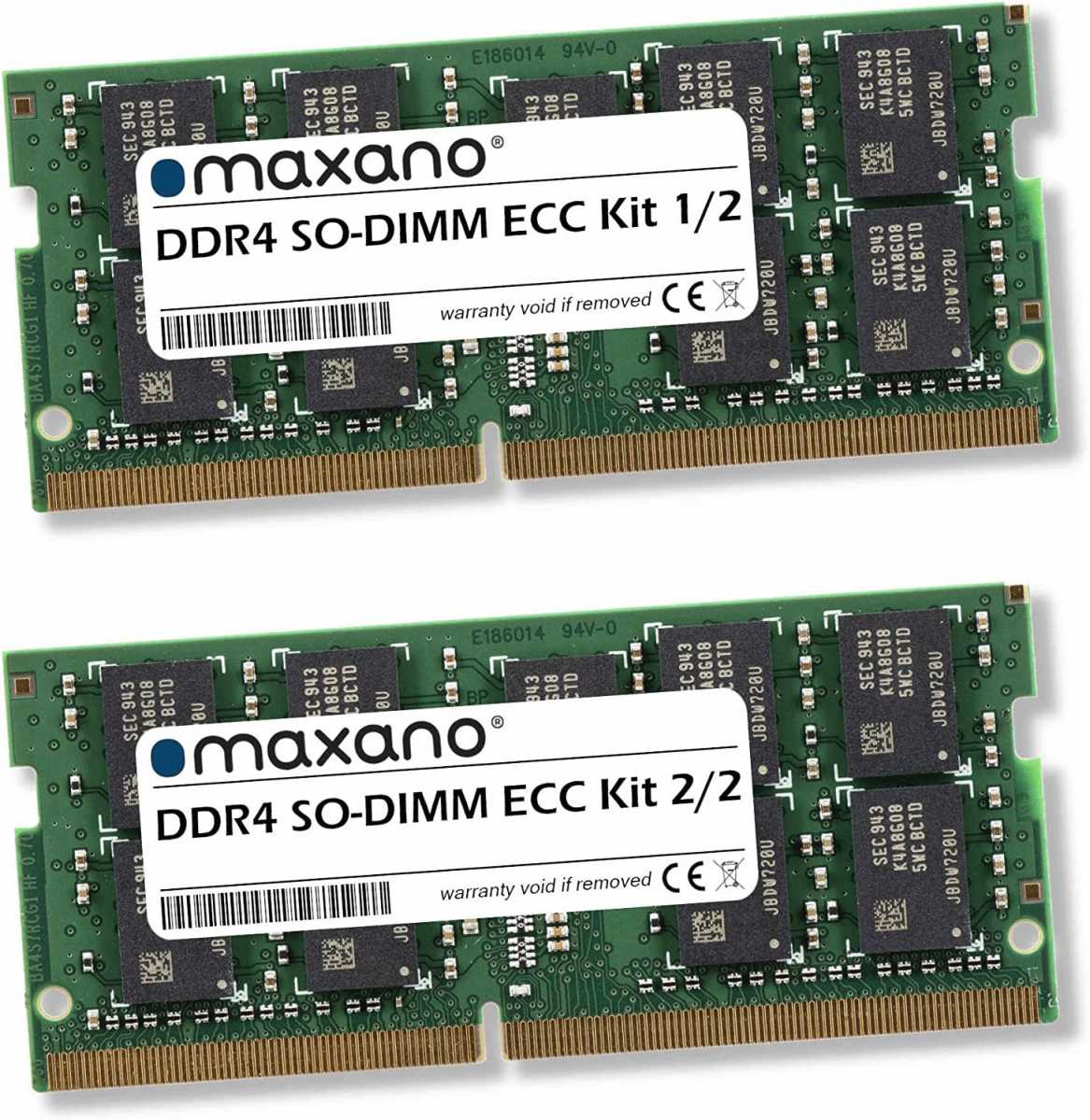ECC RAM (error correcting code) is a term that often makes PC users look enviously at server and workstation owners. It’s a type of memory that, thanks to an extra chip, is able to detect and correct errors in real time before they cause damage.
This capability makes ECC RAM the first choice for systems where stability is paramount and data corruption must be avoided at all costs. But can ECC RAM also be used in a conventional computer? This is not an easy question to answer.
With AMD chips, ECC RAM is “unofficially” supported. That means it is not an advertised feature, but it is not excluded either. With Intel chips, however, things are more complicated: ECC RAM is only supported by a few models. The search for an ECC-capable motherboard can be difficult.

ECC RAM sounds tempting at first because it can detect and correct many errors in real time. Nevertheless, this type of RAM is not automatically suitable for the home PC, but only in rare cases.
Kingston
Although ECC RAM generally offers greater stability, it also has disadvantages: ECC RAM is usually somewhat slower than normal DDR RAM and at the same time more expensive. If you want to use ECC RAM in your system, you must not only be prepared to pay more for the memory, but also invest more in a compatible motherboard.
The need for ECC RAM for the average PC user is also quite low. Crashes due to memory corruption are rare. In most cases, a reboot is enough to fix the error. However, for systems where absolute stability is required, the additional effort and cost of ECC RAM can be a worthwhile investment.
In summary, therefore, the use of ECC RAM depends on the user’s specific requirements and budget. The RAM type is an option that offers some advantages, but by no means makes sense for every user.

ECC RAM does not differ in design from non-ECC memory. Even the smaller SO-DIMM modules are available with ECC. But they are intended for network storage (NAS).
Maxano
This article was translated from German to English and originally appeared on pcwelt.de.




